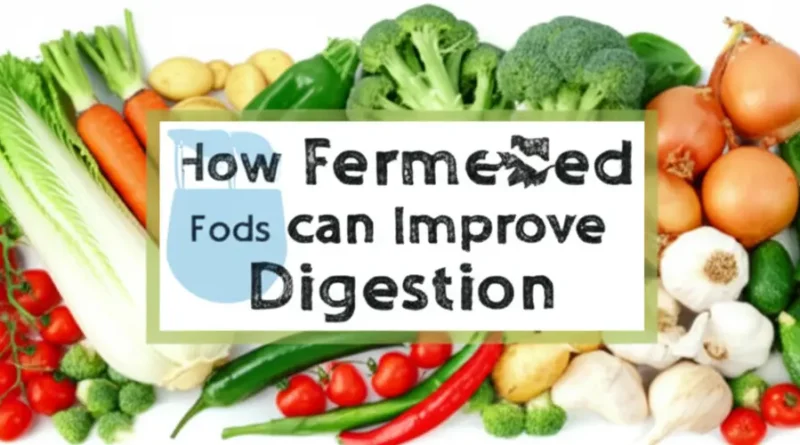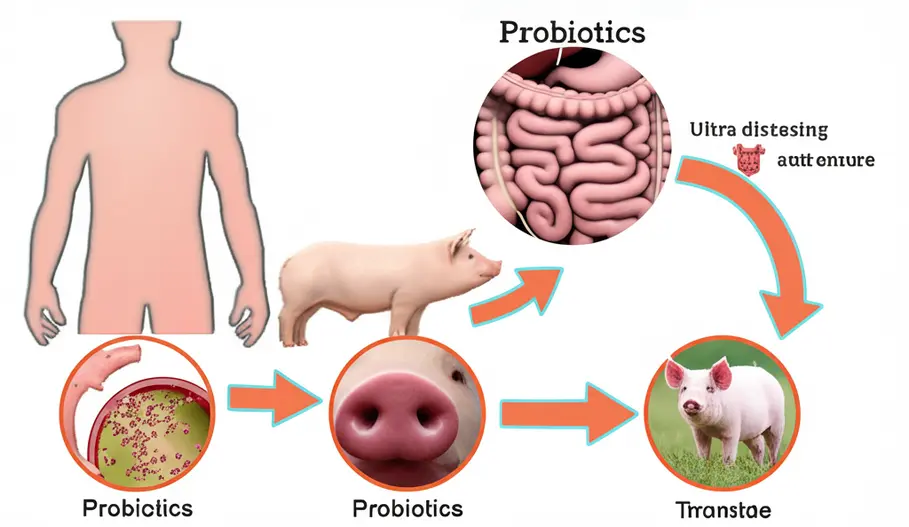How Fermented Foods Can Improve Digestion
Introduction to Fermented Foods
Have you ever wondered how certain foods can transform your gut health? Fermented foods, with their rich history and nutritional benefits, are a key ingredient in improving digestion. Foods like yogurt, sauerkraut, and kimchi contain live beneficial bacteria known as probiotics. These little guys are not just good for your gut; they can also boost your immune system, enhance your mood, and even aid in nutrient absorption. Understanding the role of these foods can motivate you to include them in your daily diet and elevate your overall well-being.
How Fermented Foods Help Digestion
Fermented foods are packed with probiotics, which are essential for maintaining a healthy balance of gut bacteria. When we consume these foods, we introduce these beneficial microbes into our digestive system.
- They enhance nutrient absorption by breaking down food more efficiently.
- They help regulate bowel movements, reducing issues like constipation or diarrhea.
- They can even reduce symptoms of bloating and gas.
Eating these foods regularly can lead to a harmonious digestive system, preventing many common digestive disorders.
Popular Fermented Foods to Try
Incorporating fermented foods into your meals can be both fun and delicious. Some popular options to consider include:
- Yogurt: A great source of probiotics that can be easily added to smoothies, breakfast bowls, or enjoyed alone.
- Kefir: This tangy drink is a powerhouse of probiotics and can be consumed straight or used in salad dressings.
- Sauerkraut: Fermented cabbage packed with vitamins and fibers; perfect as a side dish or on sandwiches.
By experimenting with different options, you can discover what you enjoy most!
Making Your Own Fermented Foods
Did you know you can easily ferment foods at home? Making your own fermented goods can be a rewarding and economical alternative. Here’s a simple process to get started:
- Choose your base ingredient (e.g., cabbage for sauerkraut).
- Salt the ingredient to draw out moisture and encourage fermentation.
- Pack it into a jar and leave it at room temperature for several days to weeks.
You’ll be amazed at the flavors you can create, and DIY fermenting allows you to control every aspect of the process.
Potential Risks and Considerations
While fermented foods offer numerous benefits, it’s important to be aware of potential pitfalls. Some individuals may experience discomfort, especially if they have histamine intolerance or start their fermentation journey too quickly. Here are some tips to enjoy fermented foods safely:
- Start with small servings to see how your body reacts.
- Choose high-quality products with live cultures.
- If in doubt, consult with a healthcare professional.
Listening to your body is essential for a healthy relationship with fermented foods.
Conclusion: Embrace Fermented Foods
Ultimately, including fermented foods in your diet can lead to a healthier gut and improved digestion. The key is to experiment and find what works for you! Remember that a diverse diet filled with various probiotics can enhance gut flora, making you feel your best. So why not give it a try? Start today by adding a serving of your favorite fermented food to your meals, and enjoy the journey to better digestion!





